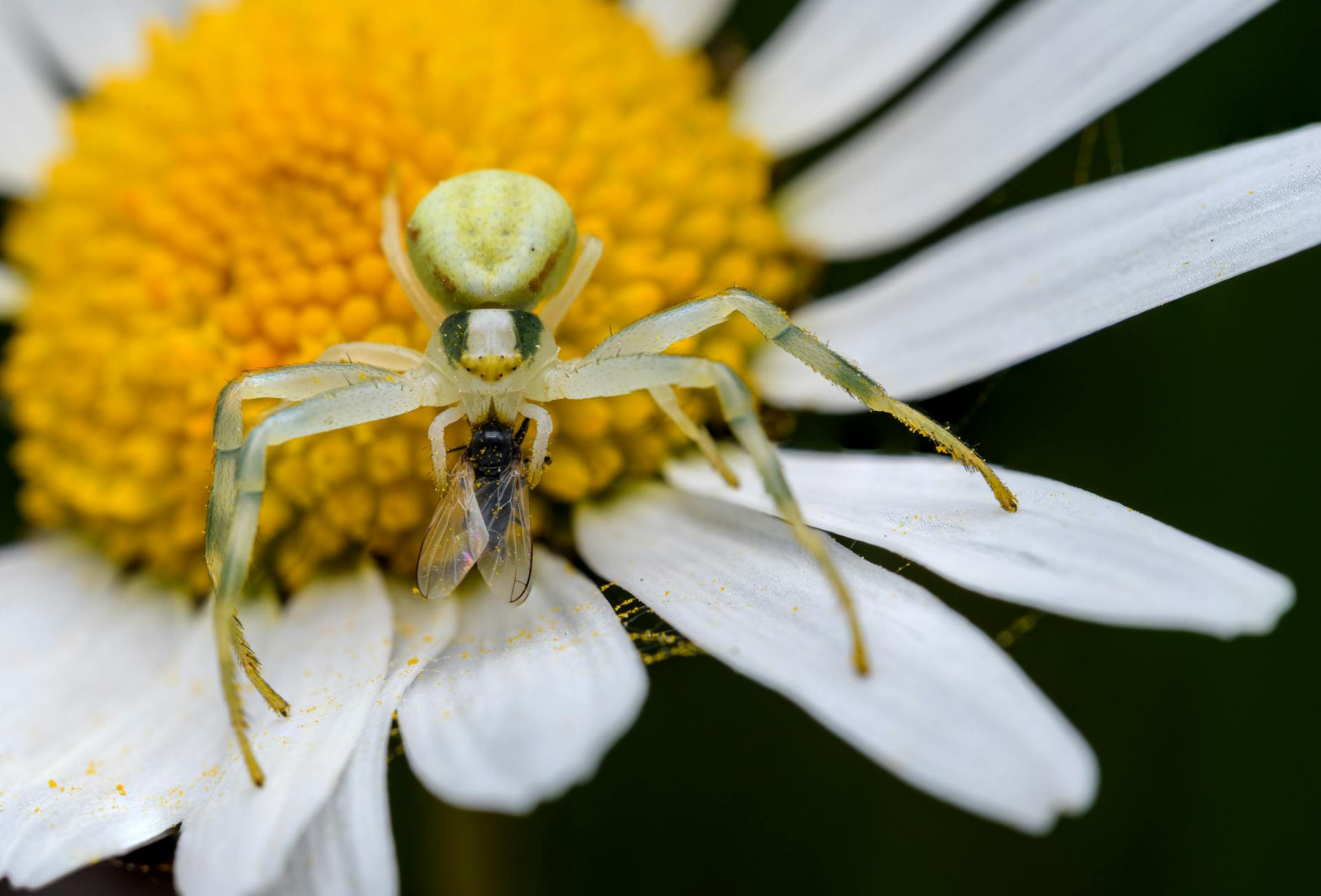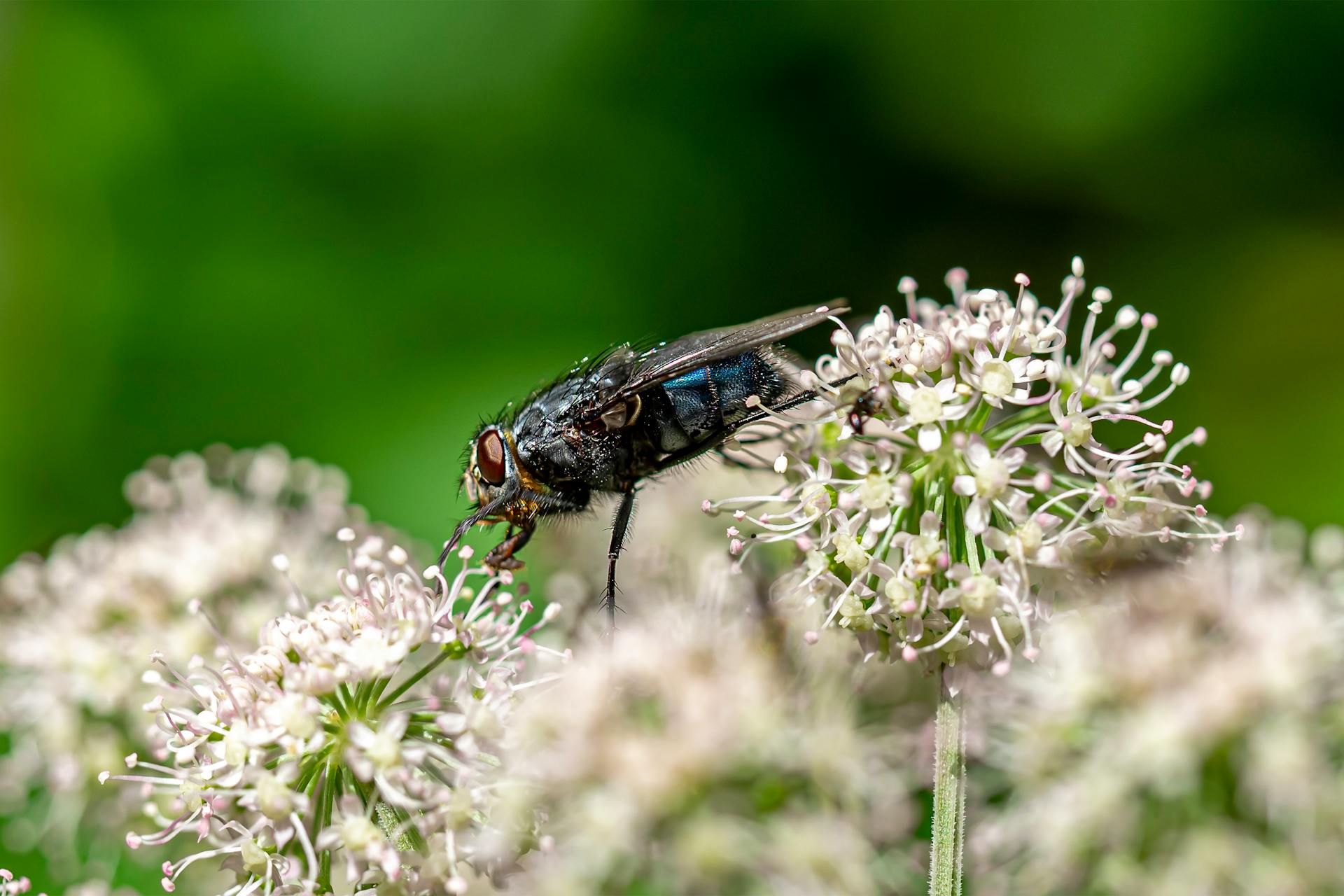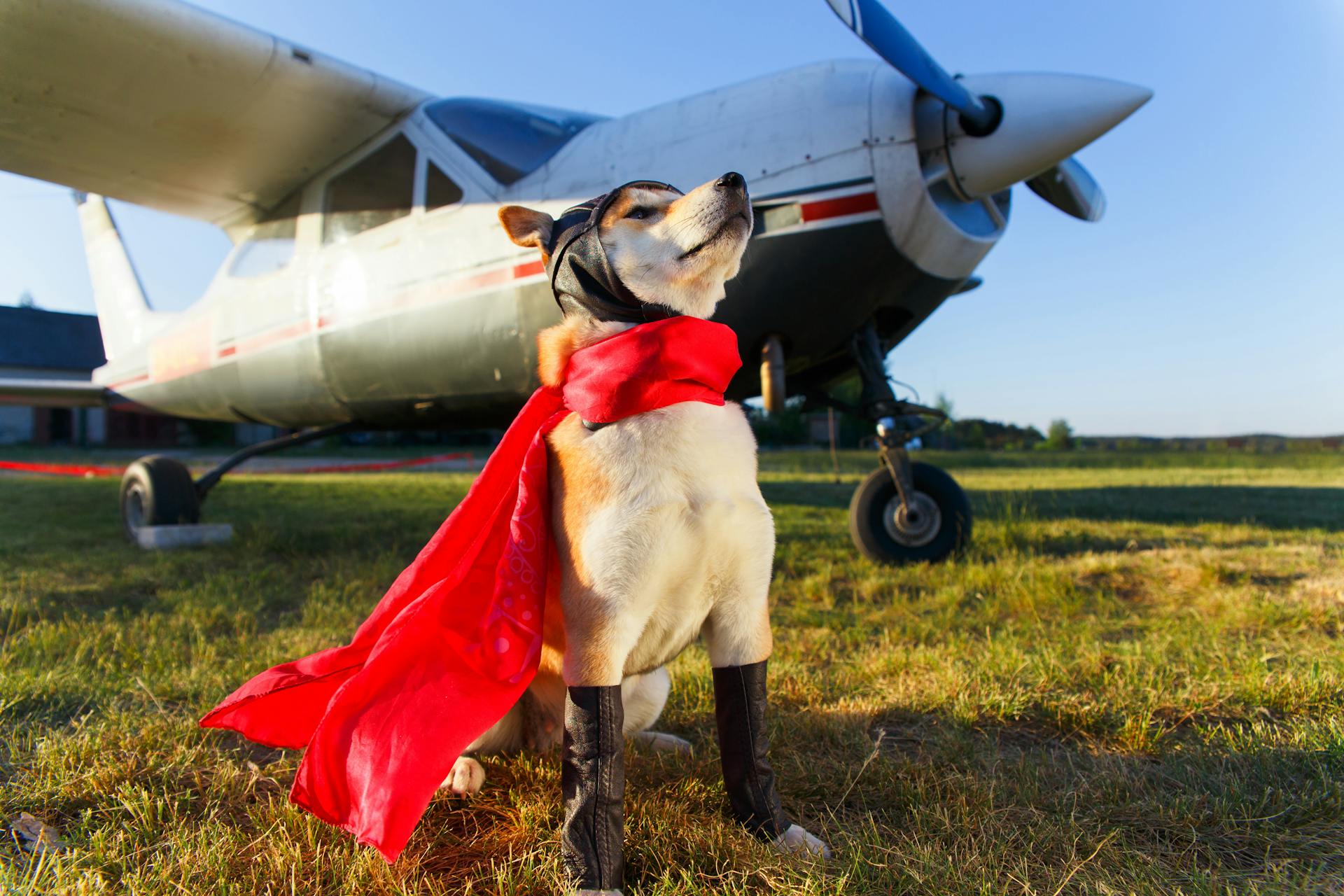
As animal owners know, flies can be a nuisance for horses. Large populations of flies can cause stress and discomfort in horses, as well as contributing to the spread of disease and parasites. Thankfully, with some preventative measures, it is possible to keep this pesky intruder away from your horse.
The first thing to do is to identify potential breeding sites around your stables or paddock so that steps can be taken to reduce their presence. Remove any standing water or areas of dampness, piles of manure and other organic matter as they will all attract flies in large numbers. Once removed they should also be disposed of responsibly away from the area so that no new breeding grounds are created nearby.
It is also important that your horse has access to a clean shelter where they can get out of any wind or rain if needed –this will provide your horse with refuge from the flies at least for some parts of the day. Make sure the shelter is kept clean- sweep daily and brush down regularly- so that it remains fly-free inside. Any sweet feed should also only be put into sealed containers in order to avoid unnecessary attention from flies looking for food sources.
In addition you could consider using fly repellents on both yourself and your horse such as sprays or citronella candles which help reduce fly numbers by masking their sensory input in search for food sources. More often than not natural fly repellents are effective without posing health risks - garlic extract fed orally (at low dose) has been shown anecdotally beneficial but more research needs to be done before concluding its effectiveness over prolonged periods of time; avoiding essential oils unless diluted in carrier oil (i n order to mitigate risk associated by anaphylactic reactions) have proven quite useful especially together with fresh garlic rubs on dock skin areas. Remember always rinse hands before petting or grooming!
You could even try planting certain types known plants near stable yards which act as natural insect repellents such as marigolds, again check safety issues before going ahead ; chrysanthemums, lavender, peppermint, eucalyptus (low amounts only!) etcetera.. these aromatic herbs/plants deter foes while simultaneously providing essential oils key ingredients found in homemade recipes a side perk! Keeping surfaces free off food residues incuding hay gives additional protective measures....Sweeping daily stalls helps ensuring place stays free off unwanted bugs..neighborhood animals may contribute unless take necessary precautions include proper fence maintenance.. etcetera...
Taking prophylactic practices whenever necessary greatly increase chances there'll be no nasty surprises! In sum working together different approaches involving hygiene & pest prevention methods allows keeping concern at bay by helping ensuring comfort& wellbeing each horses!
Discover more: Why Was the Horse so Happy?
What is the best way to prevent flies from bothering horses?
When it comes to protecting your horse from flies and other pesky insects, prevention is key. Taking the right steps, such as establishing a fly-management program and engaging in regular grooming, can help to prevent flies from becoming a noticeable nuisance. Here are some of the best ways to prevent flies from bothering your horses:
1. Install Fly Traps– The first step towards getting rid of flying pests is installation of insect traps around stables, paddocks and compost areas where these creatures typically hang out. This will reduce their numbers significantly by trapping them before they can inflict trouble on your horse.
2. Keep Areas Clean– Flies tend to make their home in dirty places as an additional source for food or water needed for survival; therefore, it’s important to keep areas near the horse clean by disposing both food waste and manure far away form his or her stall or stable area promptly each day in order to discourage the presence of these pests.
3. Cover Your Horse– Utilizing clothing options such as fly masks with ears provides protection against bites while allowing horses breathing room without being exposed directly to sunrays or heat generated by constant activity— this combination has proven effective in reducing pest activity away from horses due completely blocked off skin accessibility points provided through garments like this one; both promotional material and manufacturer guarantees claim that using a fly mask effectively reduces instances of fly-bothering dramatically after 48 hours+ use steadily during outdoor playtime activities for equines —this isn't meant too replace additional protective measures but rather be used alongside them
Assistant those strategies with regular grooming— your animals may be more prone too picking up pests simply because their fur coats are already struggling against hot temperatures —serious dust baths (washing out dirt&mites) every day helps support keeping clean coats free of larvae; if you give him/her opportunities too cool down entirely every few hours then he/she won't get so irritated as easily - whatever percentage you feel comfortable brushing/groom ought too still be high enough that particles don't accumulate over time has become stuck with sweat coat residue(changes can even occur daily between high midday humidity & reduced levels later at night).. just prepare yourself: expect sand dunes while checking through fur closely!brush often
Finally provide plenty of distraction materials like toys** (*hay snacks work great when used properly!) which provide mental relaxation & encourage divert attention away from potential hosts (aka prey species). Giving companion animals alternate sources right nearby gives cues which show that it's not OK anymore too hang out closeby thus avoiding an abundant feast any longer; plus since bugs require consistency when hunting successfully entice him/her back into socializing naturally...
With dedication and commitment you can ensure that flies cease bothering your horse quickly! Implementing all these recommendations together should lead towards days filled with happy times outdoors!
See what others are reading: Horse Water Trough Clean
How can insect repellents be used to control flies on horses?
Insect repellents are an effective method of controlling flies on horses. Using a topical insect repellent, along with fly spray to prevent and control fly activity, is the most cost-effective method for keeping your horse comfortable and reducing stress.
The two types of insect repellents that can be used effectively to control flies on horses are physical barriers and chemicall repellants. Physical barriers involve fencing or enclosures that restrict the movement of flies around the horse. This type of barrier will be especially effective in an enclosed barn setting during periods of high insect activity. Chemical repellants contain ingredients like DEET or permethrin, which will act as an irritant for flies when applied topically to the skin or fur of your horse. For best results these products should be re-applied regularly according to product instructions.
Another option for controlling fly activity is using a fly mask orsheet to cover your horse’s head and nose area specifically designed to protect against those pesky insects while still allowing them access to air flow levels they require.. Fly masks come in various shapes, sizes and fabrics that give great coverage from head down; even their ear covers offer UV protection from sunlight! Anminimising open area left uncoveredcan help with this issue significantly as well.
Ultimately, successfulfly control comes down toyour choiceofproducts combined with proper management practices suchas rotating pasturesor removing manure frequently from enclosures where horses or other livestock may resideIIt's important being awareofthe insects native toyour regionthat maybe attractedtolarger animals like horsesadditionally better understand climate conditionsyou can expect throughoutthe yearin order tomakes adjustmentsappropriatefor your situation Themore youunderstandthe resourcesavailable treatment methodsand proper equestrian care;the betterableyourwill betopreventhousefliespesteringyourhorse!
For another approach, see: How to Keep Flies Away from Rabbits?
Are there any home remedies for keeping flies away from horses?
One of the biggest summer struggles for horse owners is trying to keep flies away from their horses. Flies can be a major nuisance, leading to the horse’s discomfort and potential harm from bites and inflammation caused by saliva. Fortunately, there are several remedies that can be used in tandem to help ease a fly infestation.
One of the most natural methods for helping reduce fly populations is making sure that manure is removed regularly from your paddocks or paddocking areas. Flies thrive in warm, damp conditions so by preventing any standing water or keeping manure piles cleaned up frequently this will help drastically lessen their numbers.
Using oil-based sprays such as citronella or eucalyptus oil on your horse's coat can also repel some species of flies as well as ticks and other parasites commonly found on horses during summer months. Natural predator insects like spiders and dragonflies will also hunt down insects like flies, so giving them a habitat around your property can also be beneficial in controlling their breeding cycles and numbers naturally without having to resort to toxic chemicals or traps.
Seasonal fly strips are also available that help keep mosquito populations at bay while allowing you more time with your animals outdoors without being bothered by pesky bugs hovering around them all day long! As an added bonus these traps usually come pre-baited with an attractant so you don't have to worry about having something laying around tempting small children or wildlife nearby who may want to investigate too closely upon seeing it hanging up near their reach!
Finally, installing bird feeders near stables will attract birds which act as natural predators for insects like flies - providing an effective way for keeping them out of equine areas this season!
Additional reading: Horse Oil
What types of fly control products are effective for horses?
Horses, like many animals and humans, can be susceptible to annoying flies. While this is likely a fact of life that we all endure, there are some products available that can help or even eliminate the presence of flies around horses. Some fly control products work preventatively to deter flies from coming near horses while others are meant to significantly reduce their numbers through direct contact without harming the horse.
One common way to protect horses from flies is a fly mask or sheet. A fly mask or sheet provides cover over the horse's head and much of its body, physically blocking most flying insects from reaching the face or other areas where they could be bothersome and interfere with training, riding, turnout time and other activities. Fly masks typically have additional features for visibility and breathability so as not to limit movement too much in order for your horse remain comfortable yet adequately covered from persistent pests!
Another popular method of fly control use is insecticides and repellents. All-natural spray repellants are designed with essential oils that can effectively keep bugs away such as citronella oil, eucalyptus oil, neem oil etc.. These formulas don't cause any harm if ingested and should last around 6 – 8 hours depending on activity level but also need consistent reapplication as these solutions alone will not provide a long-lasting effect. Insecticide based solutions however might require certifications before use which makes them best applied by professionals due to their stronger potency against bugs but prolonged usage isn't recommended on animals not intended for consumption purposes).
Finally botanical tags attached into manes or tails often act effectively when it comes long-term protection against common biting pests such as stableflies (“black”), hornflies (stableflies aside) houseflys etc., using all natural ingredients such dried herbs like nanah root chips among others pasted onto paper tags which does need refills every 3 – 4 weeks during certain seasons due also seasonal factors & weather changes if applicable). Thus helping many animal owners in terms giving seasonlong protection with minimal application effort & costs associated!
For another approach, see: Fly Sheet
Does keeping the horse stall clean help to decrease the number of flies around a horse?
Maintaining a clean horse stall is essential for the health and wellbeing of both horse and rider. Not only does it improve the overall aesthetic of your stable, but it also helps to reduce the number of flies that might linger around your horse.
Flies tend to be attracted by all sorts of things, from food scraps to manure. Keeping stalls clean minimizes the amount of potential food sources available and ensures that any manure is quickly picked up and disposed off as soon as possible so that it isn’t sitting in the same place for too long. It also eliminates places where flies can lay eggs, meaning less adult flies will emerge in the future.
It’s important to regularly clean out bedding – either straw or shavings -so that they don’t attract dampness or mould which can attract even more bugs.. This will help prevent black fly infestations, which are notorious for buzzing around horses looking for bite-sized feasts on their warm coats! Deep cleaning your stalls once a month will further help to eliminate larvae leftover from earlier fly generations which will ultimately reduce how many enter into our horses' lives every season.
Prevenative measures like using window netting or hosting backyard chickens can also help keep down fly numbers as well as providing regular grooming with products containing essential oils like lavender or eucalyptus – these smells naturally ward off unwanted visitors. Additionally, if you want an alternative solution you could purchase special traps specifically made to catch nuisance flying insects without harming them in the process (or any other animals).
Overall keeping on top of stall care throughout summer months can greatly reduce how many pesky flies make their way near our precious Equine friends. In order maintain healthy environments we should respect our stables just like we respect our individual four-legged companions!
Additional reading: Horse Stall
Are there any natural tips and tricks for keeping flies off horses?
When it comes to keeping flies off horses, there are many natural tips and tricks that don’t involve chemicals and sprays. These natural methods can help keep your horse safe and comfortable throughout the season, while also better for our environment.
The most effective way to keep flies away from horses is by installing physical barriers and traps around their field or stable location. Installing a fly rug or fly sheet over the horse’s body will cut down on any contact with lands effectively, as the sheet acts like a ‘second skin’ protecting against bites from all kinds of flying insects. Fly masks are another good shielding option for horses that helps protect particularly sensitive areas like eyes, muzzle and ears in particular from irritation.
Creating an environment free of moisture often discourages flies as it interrupts their life cycle; as water is an essential part of insect reproduction many fly types will avoid dry places when looking for egg-laying sites. To achieve this with your horse it’s important to regularly muck out stables and paddocks so there is no build-up of droppings or manure which could attract unwanted pests, whilst also providing adequate ventilation in such areas to reduce dampness– this could be done in the form of fans or open doors/windows depending on weather conditions outside.
Using natural insect repellents such as cinnamon powder mixed with applesauce can be applied directly onto coat before turn out–flies are naturally deterred by fragrances so these sorts of home remedies may offer some relief without having direct chemical contact; if these make direct contact with skin however then rinse immediately using tepid water if any reactions occur – please consult vet if necessary! An interesting fact about citrus smells is that they have been found surprisingly effective at keeping away flies due to its acidic quality energy – filling small sachets full orange peel around stable area might not only give pleasant ambiance but function similarly to other commercial repellents too!
Finally making sure you have plenty of access to fresh hay which most animals prefer over wet grass can be great way divert attention away from pests - meaning less distraction more important moments with your horse.
Check this out: Horse Water Trough
Sources
- https://progressiveplanet.com/keeping-your-horse-stall-clean-fresh/
- https://rideable.org/what-is-the-best-way-to-keep-flies-off-horses/
- https://www.illumiseen.com/blogs/news/how-to-keep-your-horse-stalls-clean-and-spotless
- https://www.horsesloveclub.com/how-to-keep-flies-off-horses-naturally/
- https://horseislove.com/how-to-keep-flies-off-horses/
- https://www.usef.org/media/equestrian-weekly/how-to-get-rid-of-flies
- https://www.wellness.guide/houseflies/
- https://ehomeremedies.com/flies-on-horses/
- https://www.answers.com/zoology/Home_remedies_for_keeping_flies_off_horses
- https://arew.org/how-much-to-charge-for-horse-stall-cleaning/
- https://www.ridmycritters.com/how-to-keep-flies-away-from-horse/
- https://www.theplaidhorse.com/2021/05/18/10-tips-tricks-to-keep-flies-off-your-horses/
- https://extension.umn.edu/horse-care-and-management/fly-control-around-horses
- https://www.simplehorselife.com/how-to-keep-flies-off-horses/
- https://extension.umn.edu/horse-care-and-management/protecting-your-horse-flies
Featured Images: pexels.com


